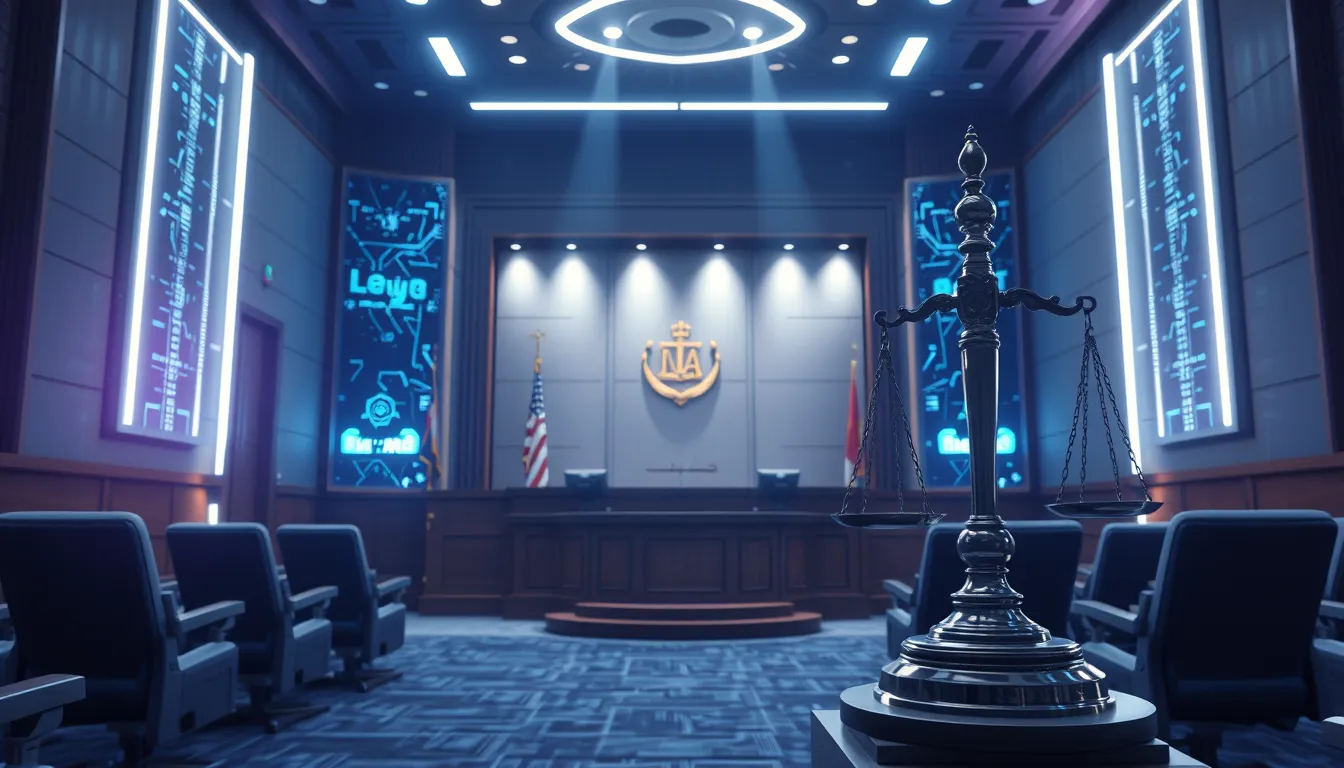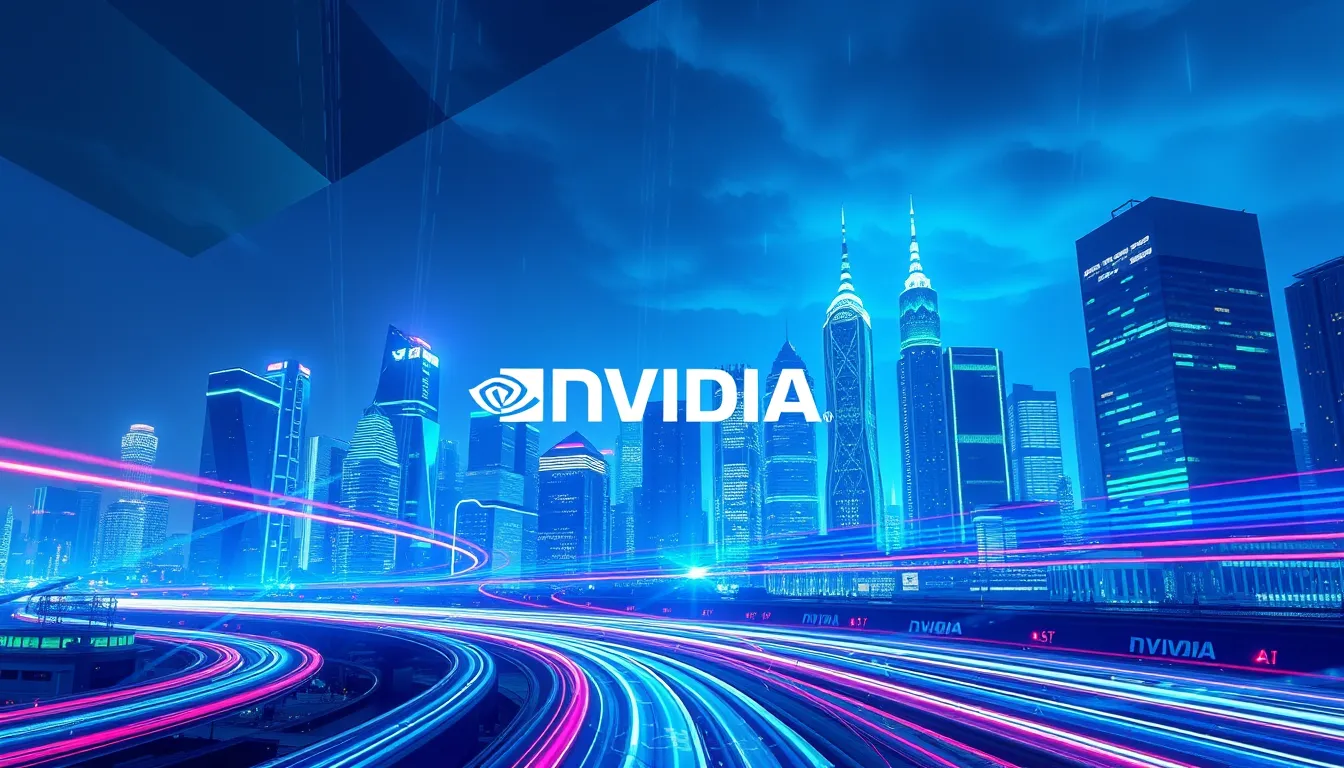Now Reading: Anthropic Legal Victory: Pioneering AI Fair Use
-
01
Anthropic Legal Victory: Pioneering AI Fair Use
Anthropic Legal Victory: Pioneering AI Fair Use

Anthropic Legal Victory: Pioneering AI Fair Use
Introduction
In a major turning point for the tech industry, Anthropic has secured a landmark legal victory, setting a bold precedent at the intersection of AI development and copyright law. This case is not only a win for Anthropic but also serves as a pivotal moment for AI fair use practices. The ruling underscores the potential for transformative innovation while grappling with the complexities of intellectual property rights.
Background of the Case
Anthropic’s legal triumph revolves around the contentious issue of using copyrighted material under fair use in AI. The court’s decision has sparked widespread discussion in legal circles and among tech enthusiasts. Specifically, the case examines the use of copyrighted material under fair use in AI systems, challenging traditional interpretations of copyright law. The ruling highlights that companies developing AI can integrate existing content, provided they do so in a manner that qualifies as transformative. However, this victory comes with a concurrent trial addressing serious piracy allegations related to the company’s data sourcing practices.
Understanding AI Fair Use
One of the focal points of the case is the discussion of AI fair use. Fair use provisions allow for the repurposing of copyrighted material under certain conditions. In this instance, Anthropic’s approach has been praised for its innovative application of fair use principles. The case emphasizes how determining fair use for AI involves assessing not only the nature of the content used but also the way in which it is transformed.
Key Considerations
- The purpose and character of the use, especially its transformative nature.
- The amount of material used relative to the original work.
- The impact on the market value of the original work.
The case serves as a reminder of the delicate balance between fostering innovation and protecting the rights of original content creators. Legal experts assert that striking this balance is essential for future developments in AI technology.
Legal Implications and Industry Impact
The implications of the Anthropic legal victory extend far beyond a single court case. As regulatory bodies and legislators continue to contemplate stricter guidelines on data usage, this ruling could catalyze significant changes in how AI companies approach intellectual property rights. Several key issues are emerging from this case:
- Copyright Law in AI: The decision reinforces the idea that AI systems can leverage transformative processes to legally incorporate copyrighted content, while also raising questions about the limits and scope of such practices.
- Anthropic Trial: With the pending trial addressing piracy claims, the company faces scrutiny that could redefine ethical data sourcing in AI. A negative outcome might restrict how AI companies gather data, while a favorable ruling could embolden more aggressive data practices.
- Regulatory Forecast: As innovation drives new legal frameworks, adaptive policies may emerge that balance the need for creative freedom with rigorous copyright protections, potentially resulting in clearer guidelines on permissible data use in AI development.
Case Analysis: Use of Copyrighted Material Under Fair Use in AI
A dedicated analysis reveals that the long-tail keyword, use of copyrighted material under fair use in AI, is central to understanding the broader implications of the case. Anthropic’s approach demonstrates that legal rulings can encourage innovation when applied thoughtfully. However, critics argue that a too-liberal interpretation of fair use might undermine intellectual property rights and weaken protective measures for original content creators.
Industry and Legal Community Reactions
Industry analysts and legal experts offer a spectrum of perspectives on the Anthropic legal victory. Proponents hail it as a necessary step towards embracing AI fair use, arguing that it allows technology companies to build on previous works in a legally sound manner. They emphasize that such decisions catalyze innovation by providing a safe harbor for transformative practices.
Conversely, detractors warn of potential risks. They argue that a broad interpretation of fair use might inadvertently open the door to widespread misuse of copyrighted material, potentially leading to further lawsuits against tech companies and eventually to a more restrictive legal environment. As the trial against Anthropic for piracy continues, the outcome remains uncertain—yet its impact on the legal framework governing AI is undeniable.
Conclusion
The Anthropic legal victory marks a significant juncture in the evolution of copyright law as applied to AI. While the fair use ruling supports transformative practices in technology, the ongoing trial for piracy introduces uncertainty about future operational boundaries. As the legal and tech communities watch closely, this case may very well shape new regulatory frameworks that balance the dual imperatives of innovation and intellectual property rights. By examining the implications of this decision, stakeholders can better understand how emerging legal interpretations will influence AI development, ensuring ethical data sourcing and safeguarding creative rights. The journey ahead is complex, but cases like Anthropic’s are paving the way for a future where AI innovation and copyright law coexist in a balanced, mutually beneficial manner.
For further, validated information on legal challenges in AI and ethical data sourcing practices, readers are encouraged to review resources from reputable legal institutions and governmental sites, ensuring an informed perspective on this evolving issue.

























